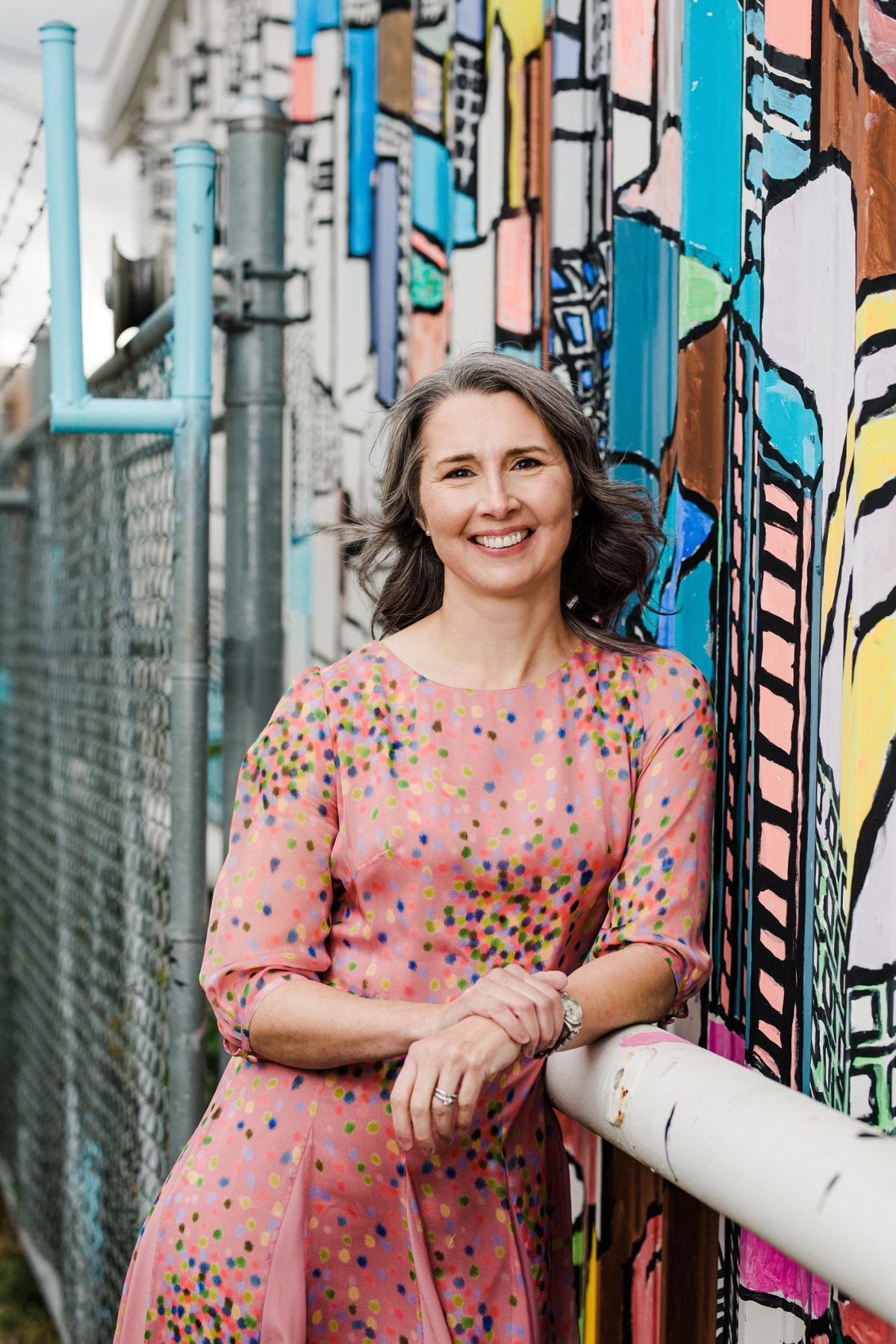New social accountability lead inspired by a powerful vision for better relationships with communities
Kyle Ireland - 29 March 2023

Dr. Kathryn Dong, new Social Accountability Lead with the Faculty of Medicine & Dentistry. Photo by Dallas Curow
The Faculty of Medicine & Dentistry has created a new role at the University of Alberta dedicated to its social accountability mandate, welcoming Kathryn Dong as the social accountability lead. In this role, Dong will develop, implement and evaluate a social accountability framework and support socially accountable activities and programs within the faculty. Dong is propelled forward with a bold vision, in which communities see the faculty as a partner, who is open to hearing different perspectives and able to bring the right people together to make progress on evidence-based policy that tackles complex issues.
There are many priorities and reasons why the collective focus of the faculty must be on addressing the health concerns of the communities served. In addition to disease outbreaks, the faculty must consider the impacts of colonialism and racism, lacking and inequitable access to healthcare resources as well as the social determinants of health, such as housing among many other factors. This role directly responds to the goals and mission outlined in the faculty’s strategic plan, Vision 2025, which places accountability to communities at its core.
Dong’s emergency medicine training, clinical work in emergency then addiction medicine and previous volunteer work in downtown Edmonton inspired her to develop programs to improve acute care services. Dong applies her knowledge from her master’s in population health, and her experience in partnerships, community relations and addiction medicine to the social accountability lead role.
Social accountability can have varied meanings depending on the scale and the nature of the service. For Dong in her new role, it refers to “our responsibility to ensure our education, research and service activities are directed towards addressing the priority needs of the communities, regions and/or nations that we serve. This includes ensuring that we have a robust way of understanding the needs of the community and incorporating their perspectives and priorities into all aspects of our work and decision-making.”
Dong is highly motivated to apply her experience in partnerships and in community relations to her new role. “I am most excited about learning from the different communities that [the faculty] serves,” she says. “To do this requires that we engage with others in a way that is respectful, honest and results in meaningful change.”
Social accountability in health sciences and academia provides opportunities to improve health and relationships with communities, says Dong. “This includes working in partnership with different communities, regions and/or nations to identify and respond to health inequities. Learning how we can advocate alongside those directly affected, and decentralizing power and privilege are critical steps we must undertake to achieve our goals.”
As part of improving those relationships, a first priority for Dong is to develop a safe and respectful way to identify the health concerns of the communities served. This work will be led by a steering committee that collectively has the expertise and experience to guide this work.
Once the steering committee has developed a framework for the community consultation process, the next step will be to jointly prioritize key deliverables and outcomes. These will be shared broadly for input and progress will be shared in a transparent way with all involved.
Dong is propelled forward in this new role with a bold vision, in which communities see the faculty as a trusted partner who is open to hearing different perspectives and able to bring the right people together to make progress on evidence-based policy that tackles complex issues.